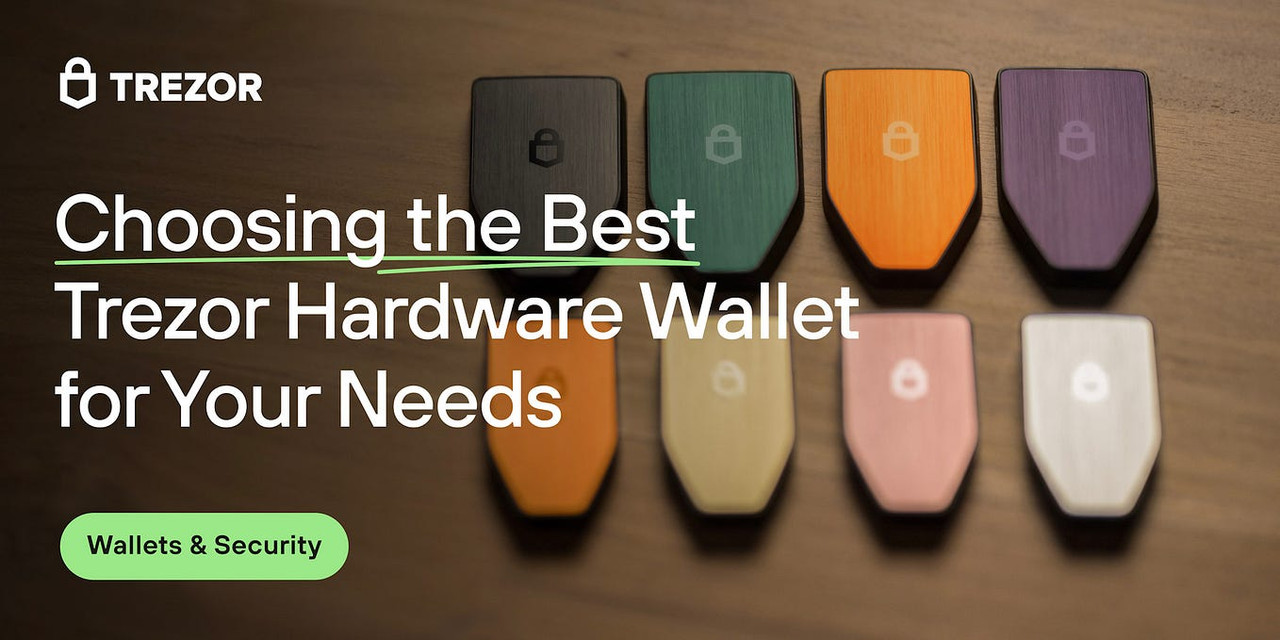

Trezor Bridge is an essential communication tool that connects your **Trezor hardware wallet** to your web-based crypto interface, such as Trezor Suite. Think of it as a digital “bridge” 🪄 — safely carrying commands and data between your physical wallet and the software running on your computer. Without Trezor Bridge, your browser wouldn’t recognize your device or initiate transactions properly.
Trezor Bridge is a lightweight background service designed to securely facilitate connection between your **Trezor Model One** or **Trezor Model T** and the Trezor Suite web interface. Unlike browser extensions that can be intercepted or deprecated, Bridge runs directly on your system, minimizing risk and ensuring stable communication. It was developed by SatoshiLabs — the creators of Trezor — to make the wallet experience seamless and secure.
In essence, Bridge acts as a **local encrypted connector** between the Trezor device and apps that communicate over HTTPS. It ensures data integrity and protects private keys from malicious interference. 🛡️
Most modern browsers, including **Chrome**, **Firefox**, and **Edge**, block direct USB communication for security reasons. That’s where Bridge steps in — giving your Trezor device a trusted communication layer. Without it, your hardware wallet remains invisible to the Suite.
Installation of Trezor Bridge takes less than five minutes. Here’s the step-by-step process:
You don’t need to launch Bridge manually — it runs quietly in the background. After installation, it automatically starts every time your computer boots.
When you connect your device via USB, the Bridge establishes a local server on your machine (usually on a TCP port like 21325). Your web suite then communicates with the device through this local channel. All communication is end-to-end encrypted, and no third party — not even SatoshiLabs — can intercept or read your data.
The workflow looks like this:
Every step is locked behind multiple layers of cryptographic verification, ensuring transactions are authentic and tamper-proof.
Occasionally, users encounter connection issues. Don’t worry — these are usually simple to fix:
If you use **Trezor Suite Desktop**, you won’t need Bridge at all — it comes with native USB support. The Bridge is mainly for web users who prefer browser-based crypto management.
For users who prefer minimal installation setups, here are alternatives:
Still, the Bridge remains the **most stable and recommended** method for everyday users.
Bridge was built with a strict focus on **security-first communication**. Here’s what makes it trustworthy:
These features align with Trezor’s mission — giving users **complete self-custody** and **privacy control** in every transaction they make.
SatoshiLabs continues to refine Trezor Bridge to integrate **modern browser APIs**, **enhanced encryption protocols**, and **multi-device support**. The vision is to make crypto storage frictionless — blending the convenience of browser access with hardware-level safety. ✨
Expect updates with better optimization, easier debugging, and even deeper integration with **Trezor Suite Online** and **Web3 applications**.
Trezor Bridge remains a core element in the Trezor ecosystem — quietly protecting millions of users by ensuring their wallets communicate safely and reliably. Whether you’re a beginner saving your first Bitcoin or an advanced investor securing your DeFi assets, Bridge ensures that **your crypto stays yours** — offline, private, and airtight. 💚
🔐 Stay Secure. Stay Connected. Stay in Control with Trezor Bridge.